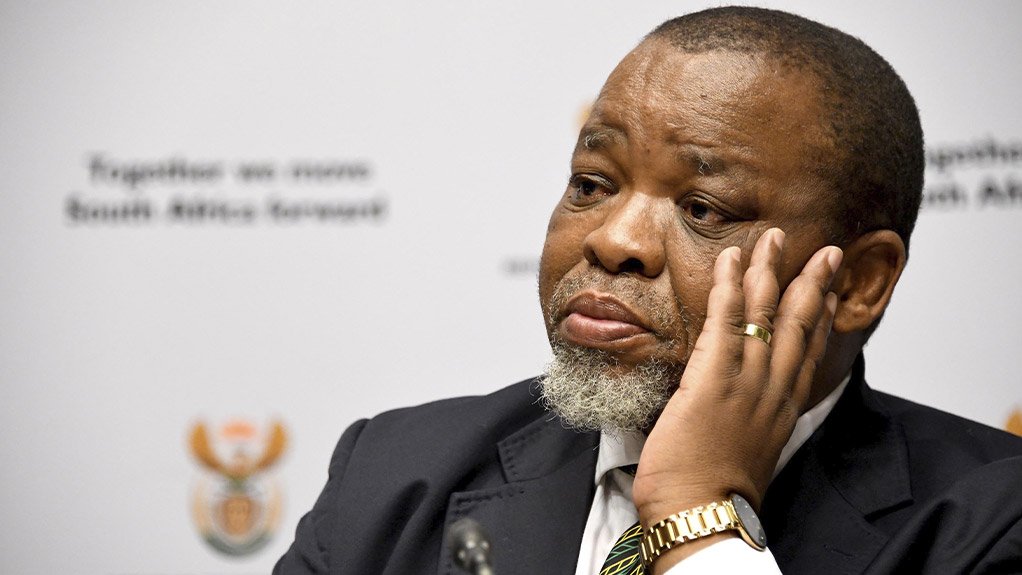The 9.6GW nuclear project, under former president Jacob Zuma's administration, failed because government failed to develop it "systematically" at a "pace and rate" the country could afford, Mineral Resources and Energy Minister Gwede Mantashe has said.
The minister was speaking during a webinar about the just transition hosted by the Wits Business School on Thursday.
Mantashe was frank that the country is intent on keeping nuclear part of the range of technologies - including solar, wind, hydro and coal combined with carbon capture - needed to ensure energy security. The Integrated Resources Plan of 2019 (which is currently under review) also makes provision for 2 500MW of nuclear. Mantashe said the request for proposal for this would be issued "very soon".
South Africa currently has about 1 800MW of nuclear power from the Koeberg power station in the Western Cape. The plant is currently undergoing refurbishment as part of the requirements for it to continue operating for a further 20 years.
But just a few years ago, government – led by Zuma – had tried to push through a 9.6GW nuclear project that never got off the ground.
"The reality is that I think in the previous project of nuclear – we did mess up in the 9600MW nuclear project. We were found wanting in developing it systematically at a pace and rate that we can afford," Mantashe said.
The project was problematic because of its massive cost – said to be R1-trillion – which former finance minister Nhlanhla Nene told the state capture commission, would have ended up being the "largest public investment programme" in the country's history. Nene pushed back against it because it would have had consequences for Eskom and the country's debt.
Chief Justice Raymond Zondo, who chaired the commission, believes this resistance from Nene led to his untimely axing by Zuma on 9 December 2015. The consequences of this saw the rand crash from R13.40/$ to R15.40/$ overnight, and South African bonds lost 12% of their capital value, the commission heard.
The project was ultimately blocked through the courts because of a legal challenge launched by organisations Earthlife Africa Johannesburg and the Southern African Faith Communities' Environment Institute in 2015. The Western Cape High Court in 2017 ruled in the applicants' favour indicating that government's decisions to secure the 9.6GW of nuclear power were unlawful, because it did not follow democratic processes such as holding public consultations.
Among the unlawful decisions included handing over the procurement of nuclear energy to Eskom, as well as entering into cooperation agreements with Russia, the US and South Korea.
EMAIL THIS ARTICLE SAVE THIS ARTICLE
To subscribe email subscriptions@creamermedia.co.za or click here
To advertise email advertising@creamermedia.co.za or click here











